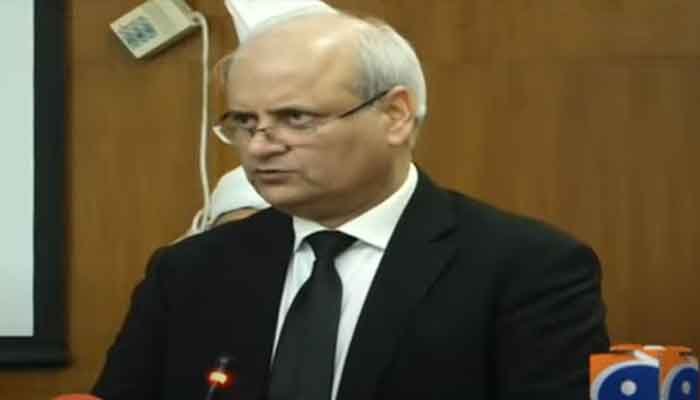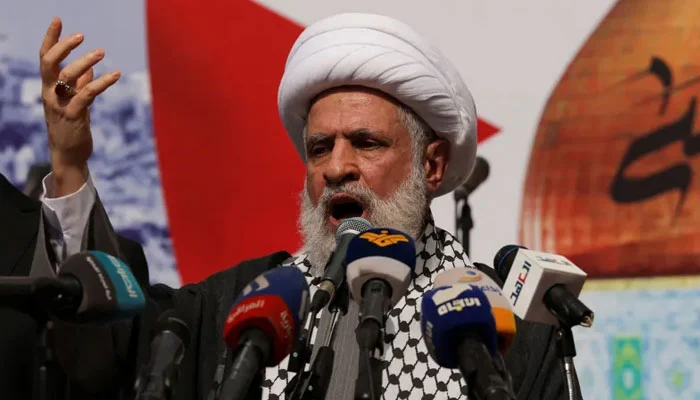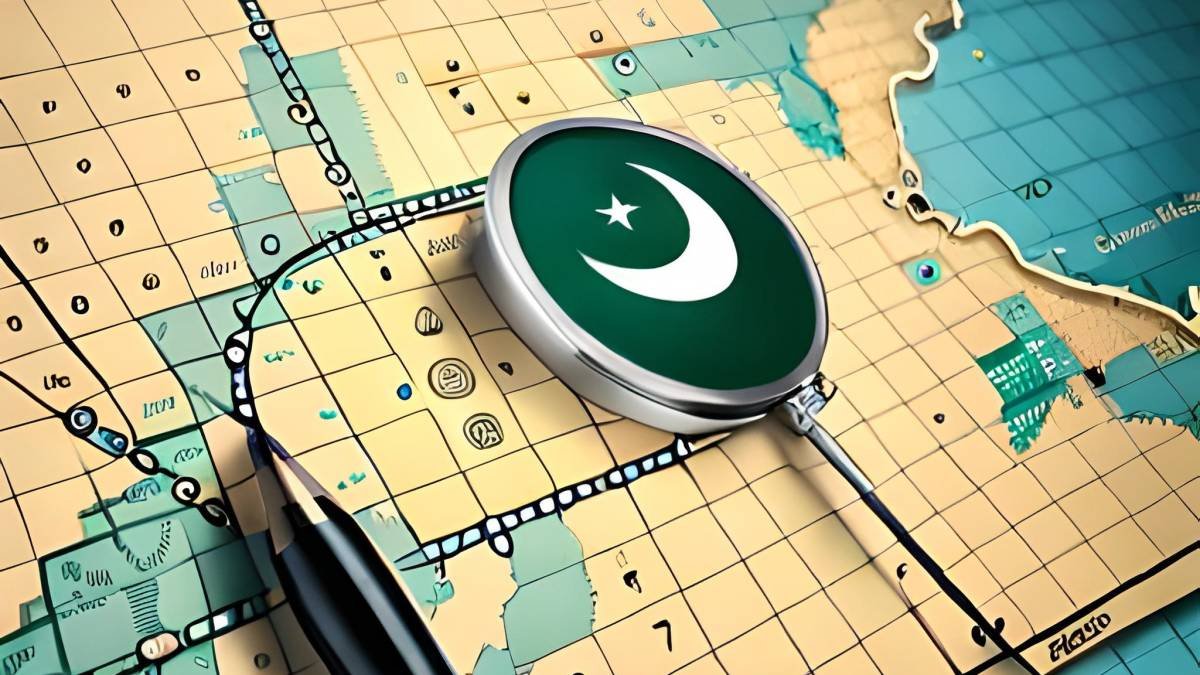LAHORE: Chief Justice of Lahore High Court, Malik Shahzad Ahmed Khan, emphasized the importance of institutional respect and judicial integrity, stating that the judiciary seeks no conflict with any institution or government but expects reciprocal respect. His remarks came during the closing ceremony of the Pre-Service Training Corps at the Punjab Judicial Academy.
The Role and Responsibility of Judges
Chief Justice Malik Shahzad Ahmed Khan underscored the immense responsibility that comes with the role of a judge. He urged judges to perform their duties without fear or bias, emphasizing the necessity of adhering strictly to the law. “A judge should not succumb to any pressure and must have comprehensive access to legal knowledge,” he stated. He also highlighted the importance of modern technology in the judicial process, noting that the adoption of such tools is crucial for the delivery of swift and efficient justice. To this end, he announced the commencement of hearings via video link in Punjab.
Addressing Judicial Challenges
The Chief Justice brought attention to the backlog of cases in Punjab, with 1.4 million cases pending. He attributed this delay partly to the shortage of judges and frequent strikes, which he identified as major obstacles to timely justice. “The institutions are weakened by the fighting between the institutions,” he warned, urging caution against those who seek to create discord. His message was clear: unity and cooperation among judges, lawyers, and related agencies are essential for improving the judicial system.
Mutual Respect Between Judiciary and Other Institutions
Justice Shahzad Ahmed Khan reiterated his respect for lawyers, stating that every judge, including himself, holds them in high regard. He clarified that the judiciary does not seek confrontation with any institution or government, but mutual respect is imperative. “We clap with both hands,” he said, implying that cooperation is a two-way street. He stressed that improving the system requires collective effort from all parties involved, including judges, lawyers, and associated agencies.
Upholding the Dignity of the Courts
The Chief Justice highlighted the importance of maintaining the dignity of the courts. “We have to answer to Allah Almighty, and in the hereafter, we will be accountable for our actions. No one will stand by us if we fail in our duties,” he said. He emphasized that the respect the judiciary receives is contingent upon the respect shown to the courts. “If the courts are not respected, we should not expect respect in return,” he cautioned.
The Importance of Modern Technology
In his address, Chief Justice Malik Shahzad Ahmed Khan also focused on the integration of modern technology into the judicial process. He noted that the use of technology is vital for ensuring quick and efficient justice delivery. The plan to start hearings via video link in Punjab is a significant step towards embracing technological advancements to overcome logistical challenges and expedite case proceedings.
Chief Justice Malik Shahzad Ahmed Khan’s speech at the Punjab Judicial Academy underscored the critical role of mutual respect and cooperation among institutions for a robust judicial system. His emphasis on judicial integrity, the adoption of modern technology, and the collective responsibility of judges, lawyers, and related agencies highlighted a comprehensive approach to addressing the challenges faced by the judiciary. His call for respect and accountability resonates as a guiding principle for maintaining the dignity and effectiveness of the judicial system.



